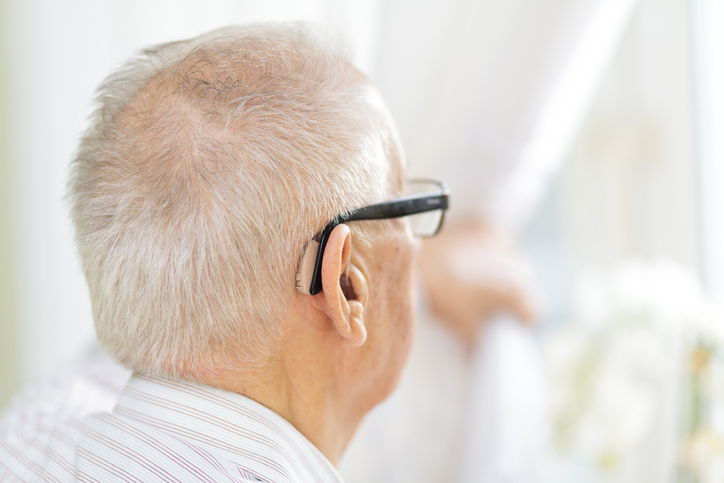
How adults with a hearing impairment might feel shame and how this stigma can prevent them from seeking help is the focus of a University of Queensland study awarded $248,000 in funding.
The project was awarded as part of The Hearing Industry Research Consortium funding for stigma-related factors influencing the uptake of hearing aids.
Professor Louise Hickson from UQ’s School of Health and Rehabilitation Sciences said the research has the potential to improve outcomes for adults with hearing loss and increase the uptake of hearing devices.
”In our recent studies, we noticed a reoccurance of adults identifying stigma related to hearing loss and hearing aids as a possible barrier to seeking help, both within interviews with people with hearing impairment and their families, and within our video-recorded audiology appointment interactions,” Professor Hickson said.
”These observations highlighted to us the significance of stigma in the everyday lives of adults with hearing impairment and their families.”
One in six Australians is affected by hearing loss and with the ageing population this figure is expected to increase to one in four by 2050.
“We hope this research will be used to inform adults with hearing impairment, family members, hearing care professionals, referring practitioners, and hearing device manufacturers about how to counsel adults with hearing difficulties and their families about the pros and cons of acknowledging hearing loss in everyday life,” Professor Hickson said.
“The team is thrilled to have this opportunity to undertake this research project as we believe it will make a valuable contribution to the field.”
The research team consists of researchers from UQ’s School of Health and Rehabilitation Sciences including Professor Louise Hickson, Dr Katie Ekberg, Dr Barbra Timmer, Associate Professor Nerina Scarinci, Dr Carly Meyer and Dr Monique Waite.



